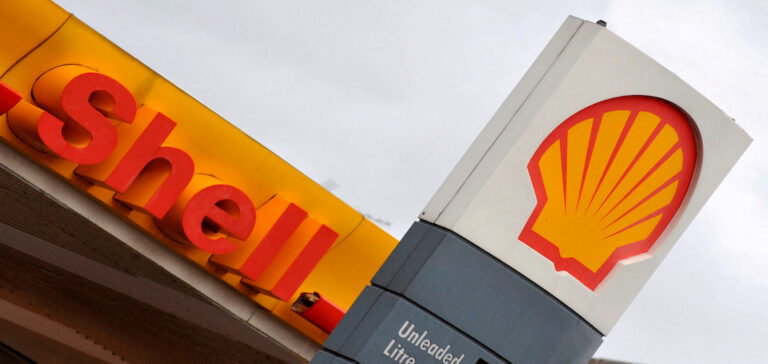The recent contract for the supply of liquefied natural gas (LNG) between Morocco and British energy giant Shell marks a significant milestone in Morocco’s efforts to diversify its sources of energy supply and strengthen its energy security. According to the Moroccan Ministry of Energy Transition and Sustainable Development, the 12-year contract calls for Shell to supply Morocco with 500 million cubic meters of LNG annually.
Shell-Morocco Contract signed: 6 billion m³ LNG to boost energy independence
The agreement was officially signed in Rabat, the Moroccan capital, in the presence of representatives of Morocco’s Office national de l’électricité et de l’eau potable (ONEE) and Shell. The contract specifies that Morocco will receive a total of six billion cubic meters of LNG over a 12-year period, with an annual average of 500 million cubic meters, without disclosing the financial details of the transaction.
Spanish ports and the Moroccan section of the Maghreb-Europe Gas Pipeline (GME) will be used to secure LNG supplies in the early years. However, Morocco is also planning to develop its own LNG terminals to facilitate future deliveries, thereby strengthening its energy independence.
The key impact of the Shell-Morocco partnership on energy security and decarbonization
This partnership is of vital importance to Morocco, as it comes after the end of natural gas supplies from Algeria via the GME in November 2021, due to the breakdown of diplomatic relations between the two neighboring countries. This situation has prompted Morocco to actively seek new energy supply options to meet its growing needs. The contract with Shell will enable Morocco to meet part of its demand for natural gas and guarantee the supply of energy to its power plants.
ONEE Managing Director Abderrahim El Hafidi emphasized that the agreement would help strengthen Morocco’s energy security, while accelerating its decarbonization strategy. Energy Transition Minister Leila Benali also welcomed the medium-term contract, which will improve the country’s competitiveness and support its efforts to reduce carbon emissions. Morocco’s entry into the international LNG market in 2022 reflects its determination to diversify its energy sources and adapt to global energy challenges.






















